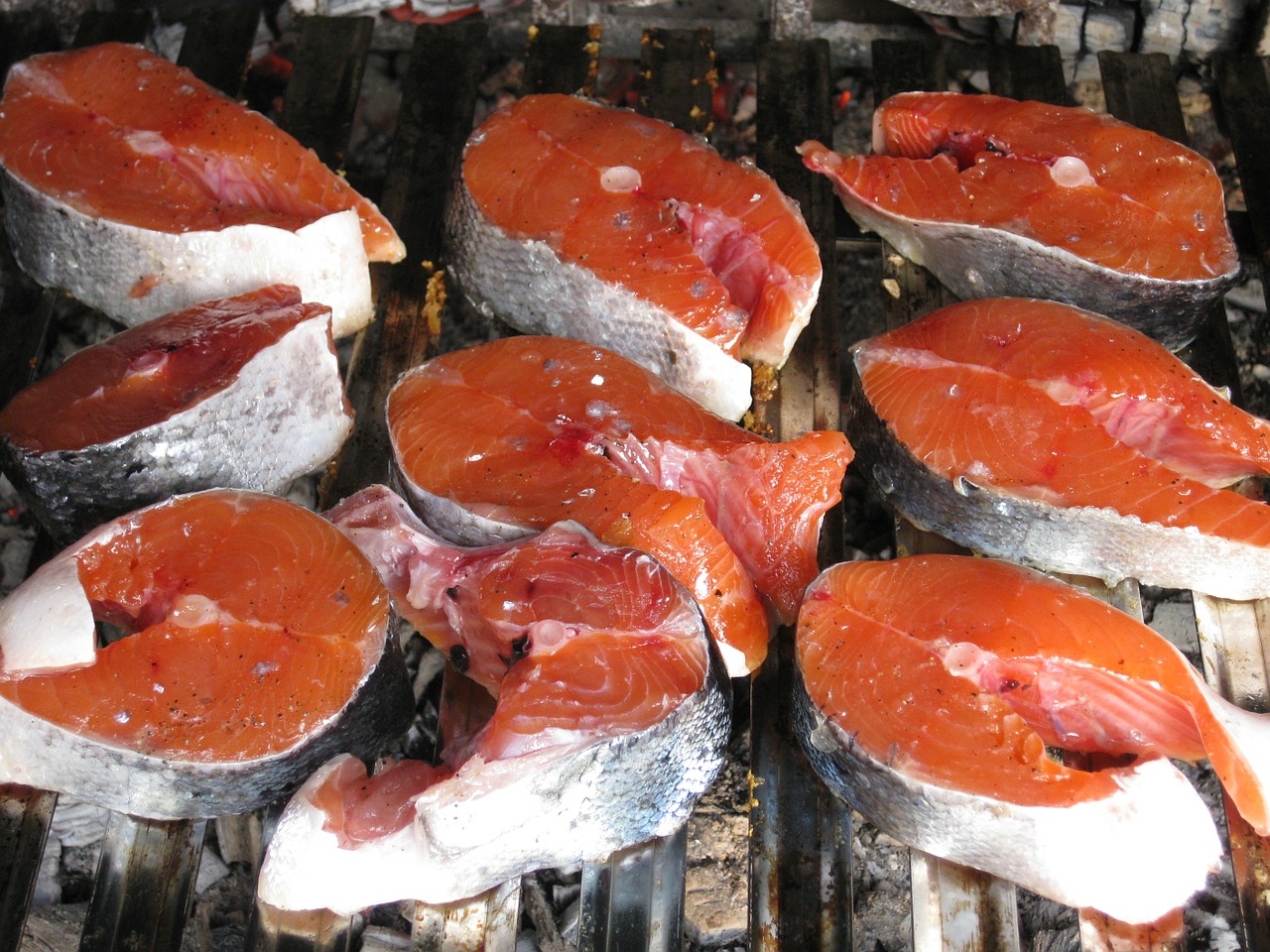Buy "The Now What? eBooks" Here! Or go to Smashwords for misc. formats.
The Now What Fitness Series lays out the foundation of fitness in a concise and simplified manner, making for a collection of books that help the reader truly comprehend how to improve one's health and well-being from A to Z. I've broken fitness down into comprehensive concepts, giving anybody who truly wants to change their health and their lives in profound ways, the step-by-step tools and knowledge to do so.
How Much Protein is Best?
How can we know how much protein we need? Protein’s principle role is to build and repair body tissues, such as muscles, ligaments, and tendons. It’s also important for synthesis of hormones, enzymes, and antibodies, as well as for fluid transport and energy.

Contrary to popular belief, protein is not a primary source of energy, except when you do not consume enough calories or carbohydrates.
If you fail to eat enough, then protein is stripped from the muscle and used as an energy source instead of being used for its intended job of building tissue, enzymes, hormones, etc.
The intake of protein supplementation is controversial. It is always best to eat whole food protein rather than supplementation such as protein powder or protein bars whenever you can. Obviously, the less processed and more natural our food is...the better.
How Much Protein Do We Really Need?
Available research shows that the average person requires 0.8 grams of protein per kilogram of body weight (2.2 lbs) each day. Generally, the dietary intake of most individuals exceeds even the highest recommendation.
For athletic people and those engaged in competitive activities, it is recommended to have 1.2 to 2.0 grams of protein per kilogram of body weight. The increase in protein requirements is mainly a result of increased caloric needs due to the increase in activity level of the athlete.
It is generally believed that the protein requirement for resistance athletes falls near the lower end of this range, while endurance athletes need slightly more.
Equation for figuring protein intake: Your weight in lbs._____ ÷ 2.2 = weight in kilograms. Your weight in kilograms _____ x (anywhere from 0.8 to 2.0) = _____ protein requirement per day.

What? Did you just go cross-eyed?
If the math wears you out much like it does me, click here and let this cool calculator do it for you!
REMEMBER THIS! While this is a very controversial subject, many believe that too much protein may cause weight gain, kidney and liver stress, and loss of urinary calcium.
GREAT PROTEIN SOURCES: Good protein sources are lean meat, eggs, poultry without skin, fish (wild caught), skim milk, lowfat cheese, dried beans and peas, nuts, and seeds. Organically grown or grain fed is always best if possible. It matters what our food ate and how it was raised or grown and treated. Just sayin'...
Return from How Much Protein to Nutrition and Exercise
Return from How Much Protein to Straightforward Fitness Home
